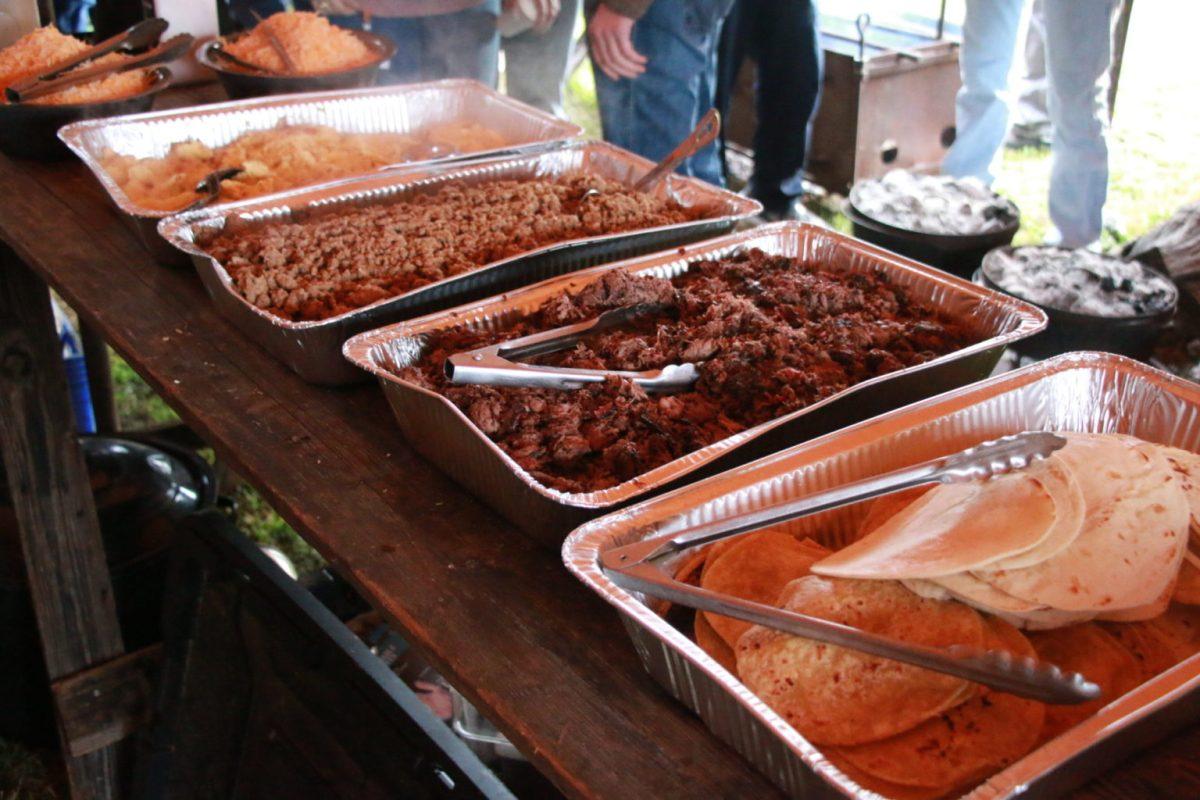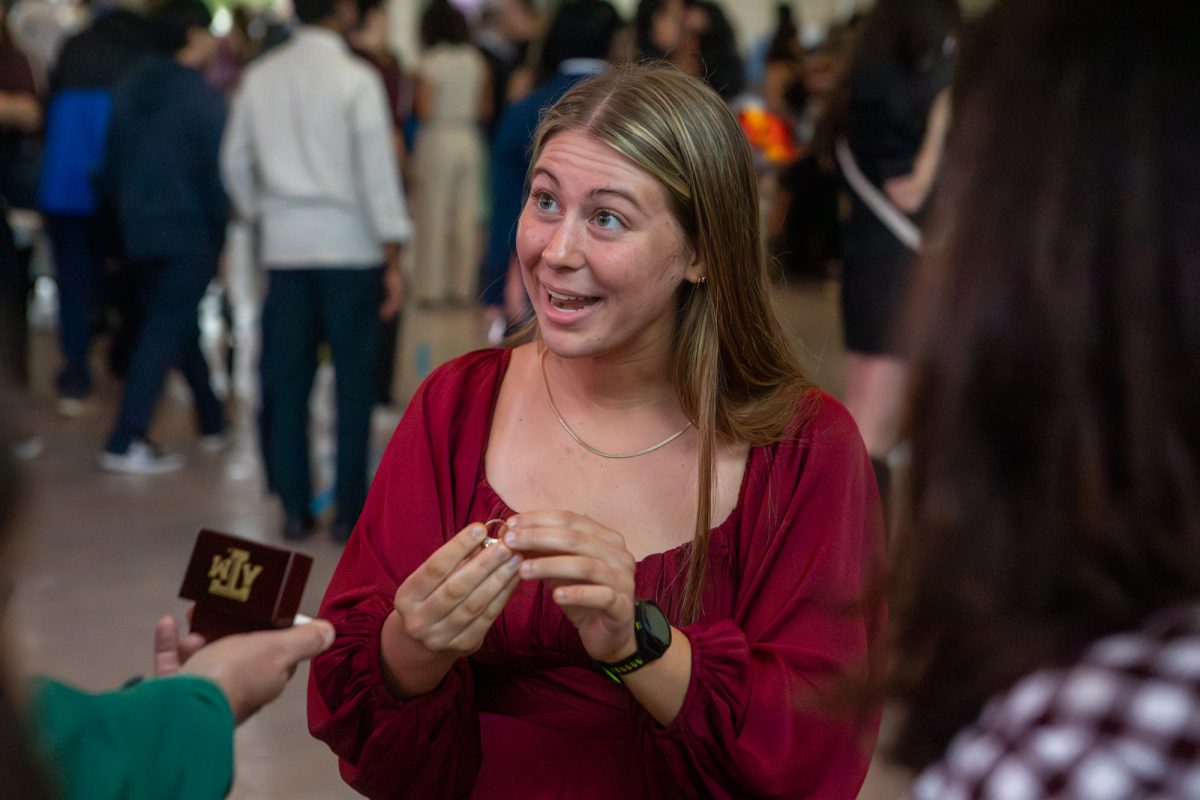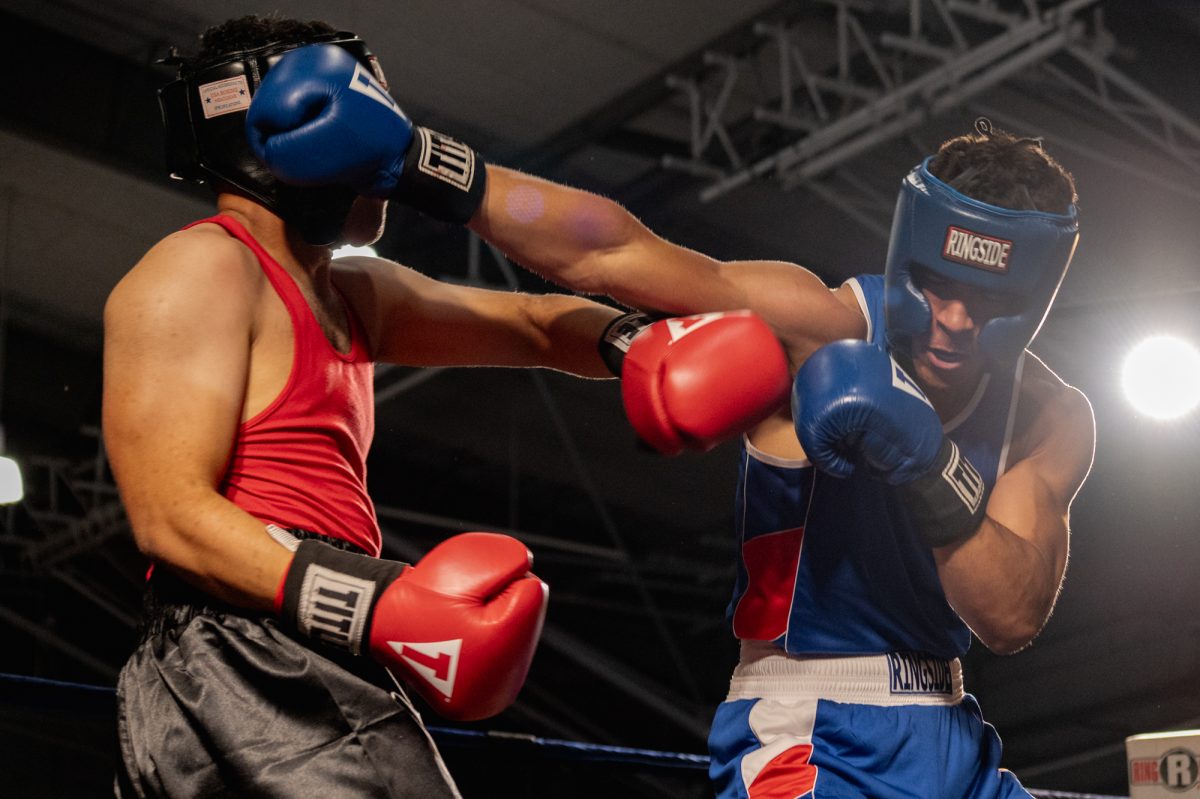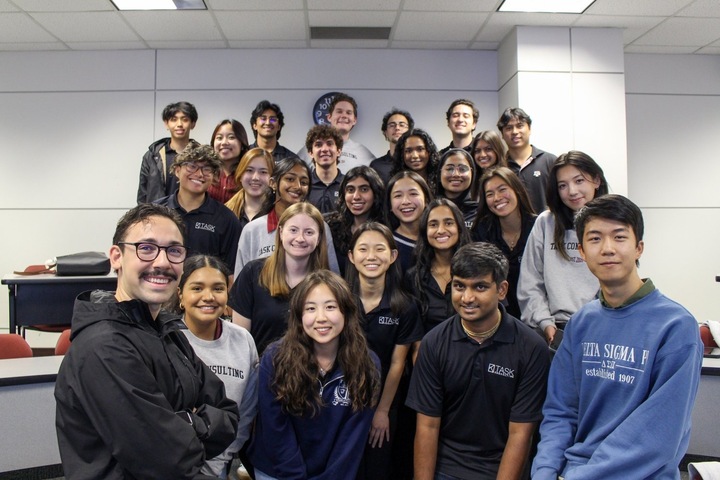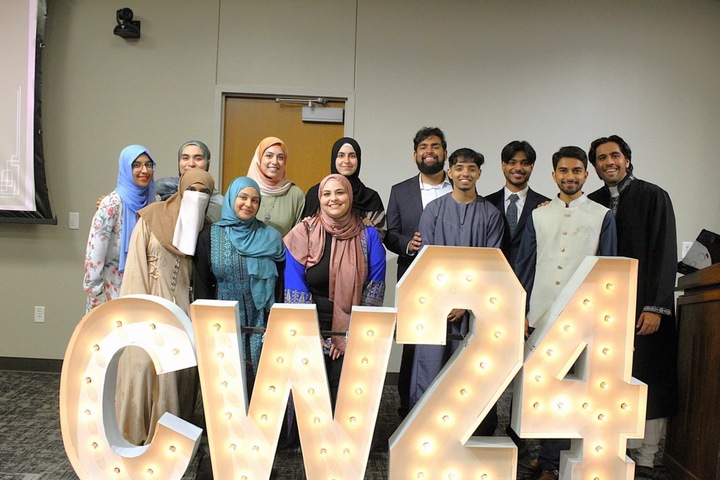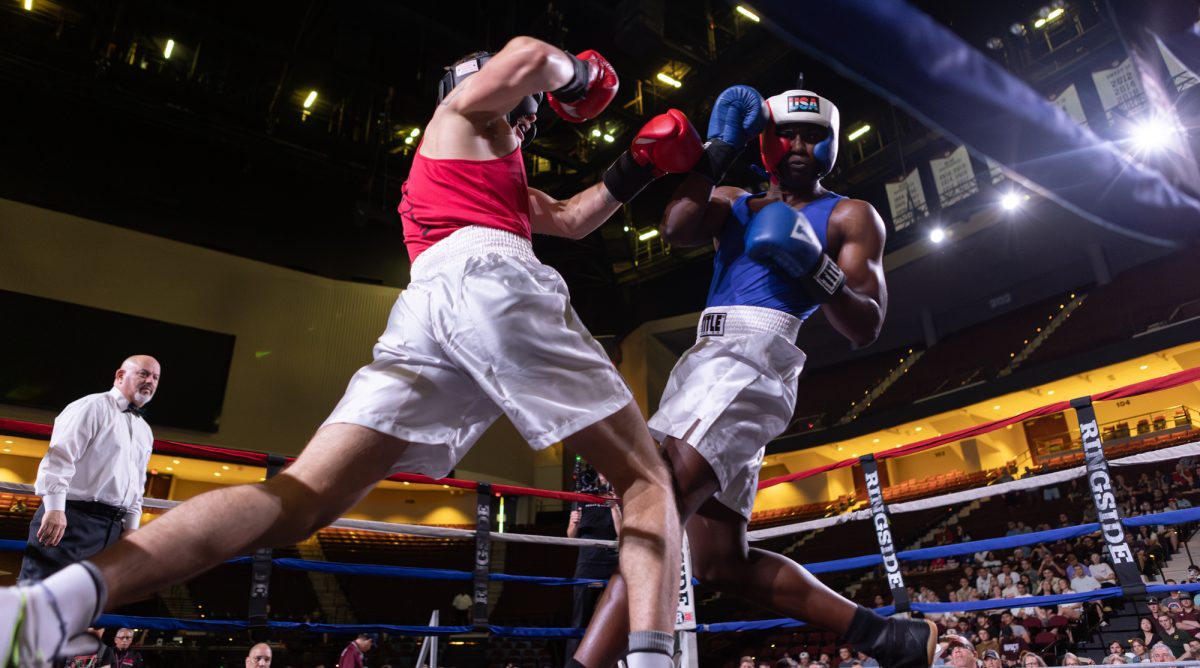Camp Brisket brings together those who love barbecue and allows pitmasters to participate in learning opportunities.
The 9th Camp Brisket, taking place July 16-17, is hosted by the Meat Science program at A&M, Foodways Texas at the Rosenthal Meat Center and the Thomas G. Hildebrand, DVM ’56 Equine Complex.
Jeff Savell, one of the main coordinators of the event, said he has been at A&M for 43 years and has pursued educating those on the science of barbecue since the camp started in 2013.
“For this particular product, [brisket], it allows us to combine all of the science and technology and the arts and crafts,” Savell said.
It takes a small army of professors, graduate students, undergraduate students and pitmasters for the camp to go on, Savell said. A total of 75 participants are chosen randomly from a lottery system created by Foodways Texas and have the opportunity to attend the camp, Savell said.
“Even though we concentrate on brisket, we will have a lot of people ask lots of different questions,” Savell said. “We answer a lot of myths.”
Hutchins BBQ, located out of McKinney, will be in attendance Friday night, Savell said. The camp is divided into sections to highlight the parts of brisket, such as trimming and grades, but Savell said he has mostly worked with the Smoke Panel.
“I thought before if you didn’t see smoke like the house was on fire, you weren’t smoking meat,” Savell said. “What I have learned is, if you see smoke like the house is on fire, that is going to be some sorry barbecue.”
At Camp Brisket, one of the last activities is called “Life as a Pitmaster”, which focuses on how people got into the business, new and old. When he stopped at a Bucees, Savell said he was skimming the barbecue section and, to his surprise, found John Brotherton’s branded barbecue sauces Burnt Ends, who is new to the business and will be in attendance for Camp Brisket.
“Barbecuing is like a three-act play,” Savell said. “The first act deals with getting the right equipment, product and seasoning, setting the stage. The second act is the actual cooking and where the magic happens. In the third act, everything comes to a conclusion and letting the product rest.”
Johnathan Guajardo, a communication professor at A&M, is a barbecue enthusiast who shares his passion through a joint Instagram account with department of communication media lab director, Joey Lopez. Where you get a good quality piece of meat is what makes a great barbecue, Guajardo said. Rosenthal Meat Center and Readfield Meats & Deli are Guajardo’s favorite places for meat selection in College Station but said he also likes H-E-B.
“The spices that you use are important,” Guajardo said.
Trager Rubs are Guajardo’s go-to, and said he uses them on everything, even non-related barbecue foods. The different products used to wrap the meat and methods used, such as the Texas Crutch, make the outcome of the barbecue, Guajardo said.
“Seasoning aside, if you have good salt and pepper and some garlic, those are the basics of everything,” Guajardo said. “The spices that you use are important.”
Sam Gilbreth, construction science junior and member of the Corp of Cadets, said he enjoys the learning opportunity from working with the traditional barbecues in his outfit. During family weekend, Gilbreth said he enjoyed the community built around the barbecue his outfit hosted and the tradition of getting to know the freshmen.
“The coolest part about it was we were able to interact with the freshmen and get to know them,” Gilbreth said.
The ability to feed a lot of people with brisket and its taste is why it is Gilbreth’s favorite food to barbecue, he said.
“It’s nothing too complicated, and it tastes great,” Gilbreth said.




